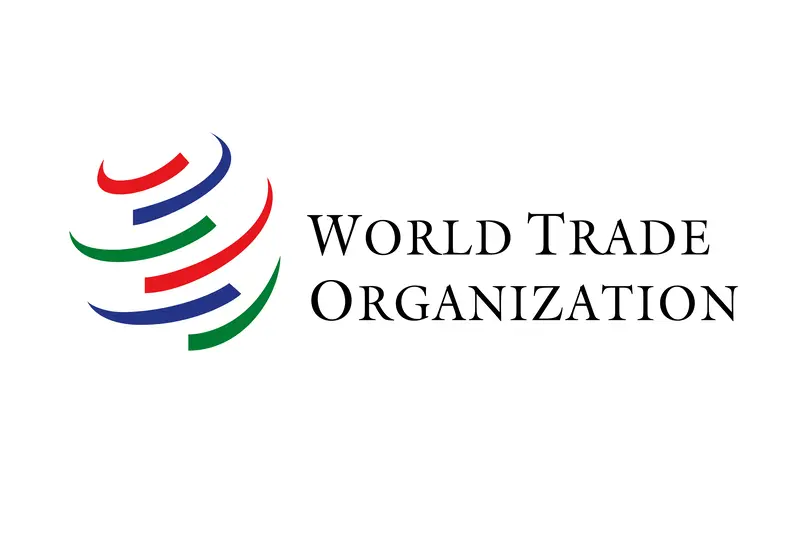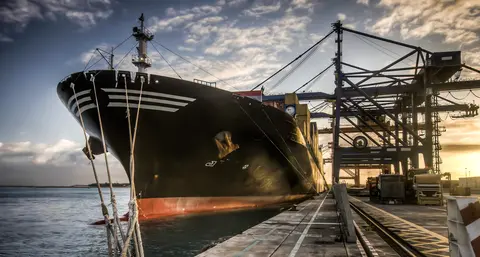
The WTO
The WTO
The WTO attempts to promote free and fair trade – an increasingly difficult task, which it undertakes with varying success. The WTO was established in 1995 when it replaced the General Agreement on Tariffs and Trade (GATT). It has its headquarters in Geneva, Switzerland and, by 2016, had 164 member countries, including China, which was the last major nation to join.
The purpose of the WTO is to promote free and fair trade through multilateral talks and negotiations, and to arbitrate between countries that are in dispute. The WTO itself claims that, unlike GATT that preceded it, its rules of trade have been worked out by the direct involvement of all countries, and not just a few powerful ones.
Video courtesy of World Trade Organisation; Rue de Lausanne 154; 1211 Geneva 21; Switzerland: Link: WTO Video
See: Video (WTO at 15)
Evaluation of the WTO
Trade liberalisation clearly brings many economic and political benefits, but many argue that the WTO has had limited success in certain areas. The main criticisms are:
Too few agreements
Critics argue that the number of trade disputes settled through the WTO’s DSU (Dispute Settlement Understanding) is inadequate given the number of disputes. However, the number of settlements did rise from 20 in 1990 to 157 in 2007. But still, by January 2008, only 136 of the 370 cases had reached the full panel process.
Failure to confront ethical issues
Many argue that the WTO has failed to confront ethical issues, such as the use of child labour and poor working conditions in developing economies.
Failure to tackle environmental issues
Similarly, many argue that it has failed to tackle environmental issues, such as the depletion of global fish stocks, deforestation, and climate change.
Takes too long to arbitrate
Critics also complain that the WTO takes too long to arbitrate and settle disputes. For example, it can take over five years from the initial receipt of a complaint from one member to the final panel ruling.
Favours the powerful
Critics also argue that the WTO has an inbuilt bias favouring developed and powerful nations and trading blocs such as the USA and the EU, and operating against weaker, developing ones.
Failure to promote multilateralism
Despite the WTO operating as a multilateral organisation, many member countries and trading blocs favour bilateral discussions with partners or competitors. This is because bilateral negotiations can be fully focussed and relatively quick to complete. The result is that many countries prefer to bypass the WTO process, and deal directly with other countries. The failure of the most recent round of WTO negotiations, the Doha round, is widely regarded as evidence of the inherent problems of multilateral discussions. While the WTO is likely to argue that it encourages such agreements when they do not have a negative impact on third parties, it is very difficult to find cases where third-party countries are not, at least indirectly, negatively affected by a specific bilateral agreement.
The Doha round
The most recent round of talks is the Doha Round, which began in 2001, with major summit meetings in Cancun, Mexico, Hong Kong, and Davos in 2003, 2005, and 2007 respectively. The Doha round of talks is also called the development round, reflecting its emphasis on promoting free trade for the benefit of developing nations. In particular, the Cancun talks focussed on three areas: reducing agricultural subsidies and industrial tariffs imposed by developed nations, which limit the market access of developing nations; harmonising competition rules within different countries; and helping poor countries.
The talks collapsed for a number of reasons. Significantly, while the US and EU failed to agree reductions in agricultural support, many developing countries refused to agree new investment rules which would make it easier for multinationals to invest in their countries. Since the collapse, the USA and EU have returned to bilateral agreements with favoured nations, rather than entering into multilateral agreements. This highlights a major limitation of the WTO in not gaining a complete consensus that multilateral negotiations should be the method of choice of its members.
The failure of the Doha round means that the rich countries of the world still protect themselves from goods produced by the poor nations. By 2005, average agricultural tariffs imposed by the USA and EU were 60%, against average industrial tariffs of only 5%*.
(*Source: WTO).
See: The Case of Sugar


